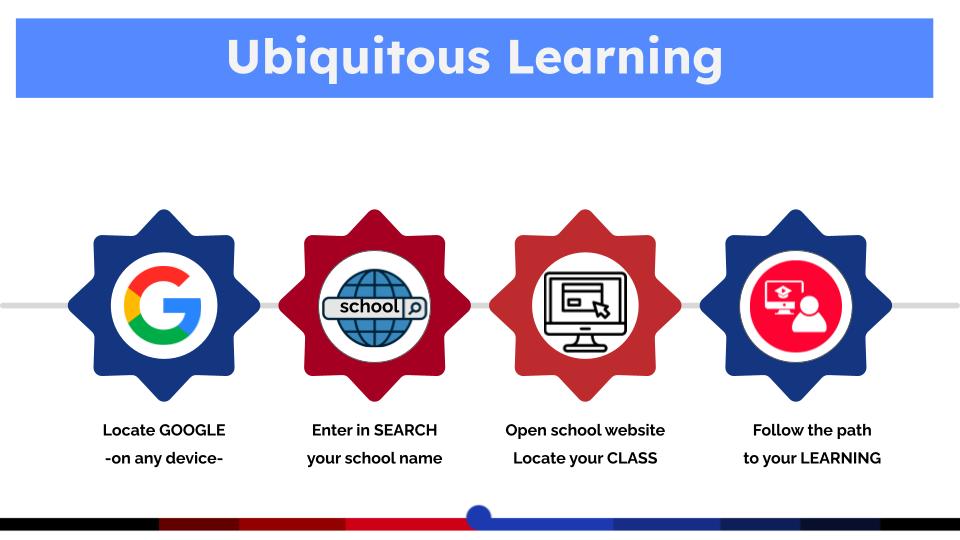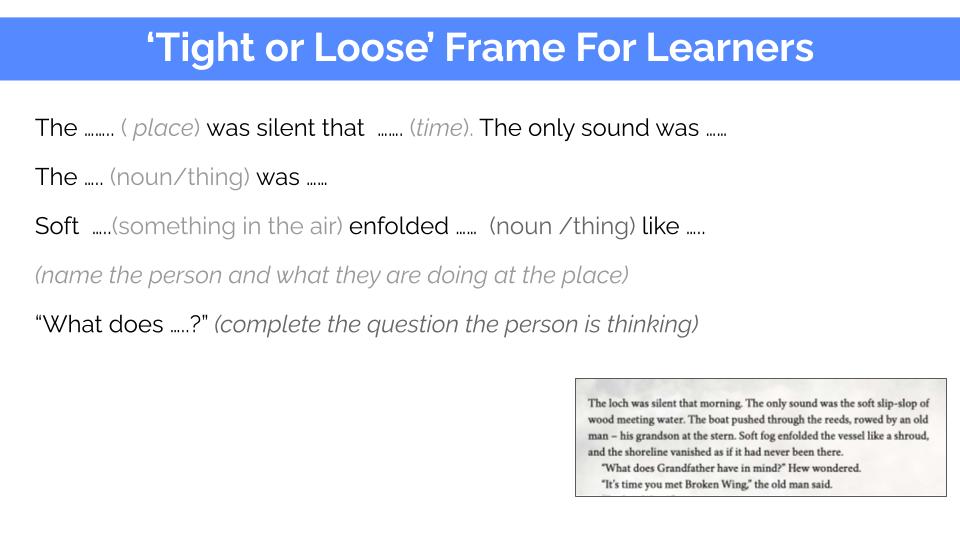Day 5 of the Manaiakalani Reading Practice Intensive saw us delve into the intricacies of planning a reading programme.
Mrs Burt started us off by discussing how “ubiquitous learning” is the idea that students should be able to access their learning. She led into how our web page for reading should adopt the key design affordances of any other learning area, including :
- Organisational efficiencies
- Navigational ease (user friendly)
- Multi modal engagement factors
- Visible learning
- Rewindable instructional design
Key features in reading site design should include :
- Groups
- Engages interest (the hook)
- Multimodal
- Learner and whanau friendly
- Instructions
- Current learning on top
- Historic learning accessible
- Teacher notes
Then the actual learn create task part should include :
- Learning intention
- Texts
- Learning activities
- Reference material
Some of the key things we went over today were teacher timetabling (‘rules of thumb’), timetabling to empower learners, digital reading apps, reading like writers (and other high expectation activities.)
Here is an image of my current reading timetable. I will be working to adjust my timetable to encompass what I have learnt in my RPI sessions so far.
- Management of your space while you are teaching
- Enables learners to have choice
- Enables learners to collaborate
- Fits in all the other important ‘bang for buck’ learning experiences
- Empowers learners to be active participants in the learning process
One of my highlights from the session was when Naomi discussed the powerful connection between reading and writing. We learned how reading can be leveraged to improve writing skills and ignite our students' passion for written expression. Naomi introduced us to the concept of "writing like readers" and emphasised the importance of exposing students to exemplary writing to inspire their own creativity and style.
During the session, Naomi introduced a technique using a 'writing frame.' We were encouraged to imitate a part of the story we had just read, tapping into the stylistic features of the author's work.
Above is an image of what my end result was from the activity. This is a task I am looking forward to introducing to my learners. At the moment, I have different students for reading and writing and I feel that I have been using this as a reason not to integrate my reading and writing programme. As Jesson and Hawthorne put it, "Texts are woven from other sources... Therefore, teachers need to support students to use their reading as a resource for writing."
I also appreciated the skill builder session where the focus was on inference and how we can teach it to our learners. This is a big work on my students have this term and is also something I discuss lots with my mentor teacher. What I learnt from this session that I will be taking forward with me :
- Explain inference for learners in a student-friendly way and model examples (e.g. default inference vs reasoned inference)
- Use the metalanguage (e.g. implied, implicit, inferred; local; global; reasoned)
- Explain why authors and thinkers use inference
- Balance direct instruction and authentic encounters
- Well crafted question-answer practice has been found to be as beneficial.
A small gem I also found today was "the learning pit." We quickly discussed how it may be beneficial to teach students that it is a very normal thing.
Today has also given me a very clear next step. I am now working towards consistently tracking and monitoring how far my learners get in their independent activities. Thank you to the RPI team for today - I am excited to implement what I have learnt today especially in terms of integrating reading and writing, as well as making use of the extensive features of digital apps like Epic and Literacy Planet.









.jpg)